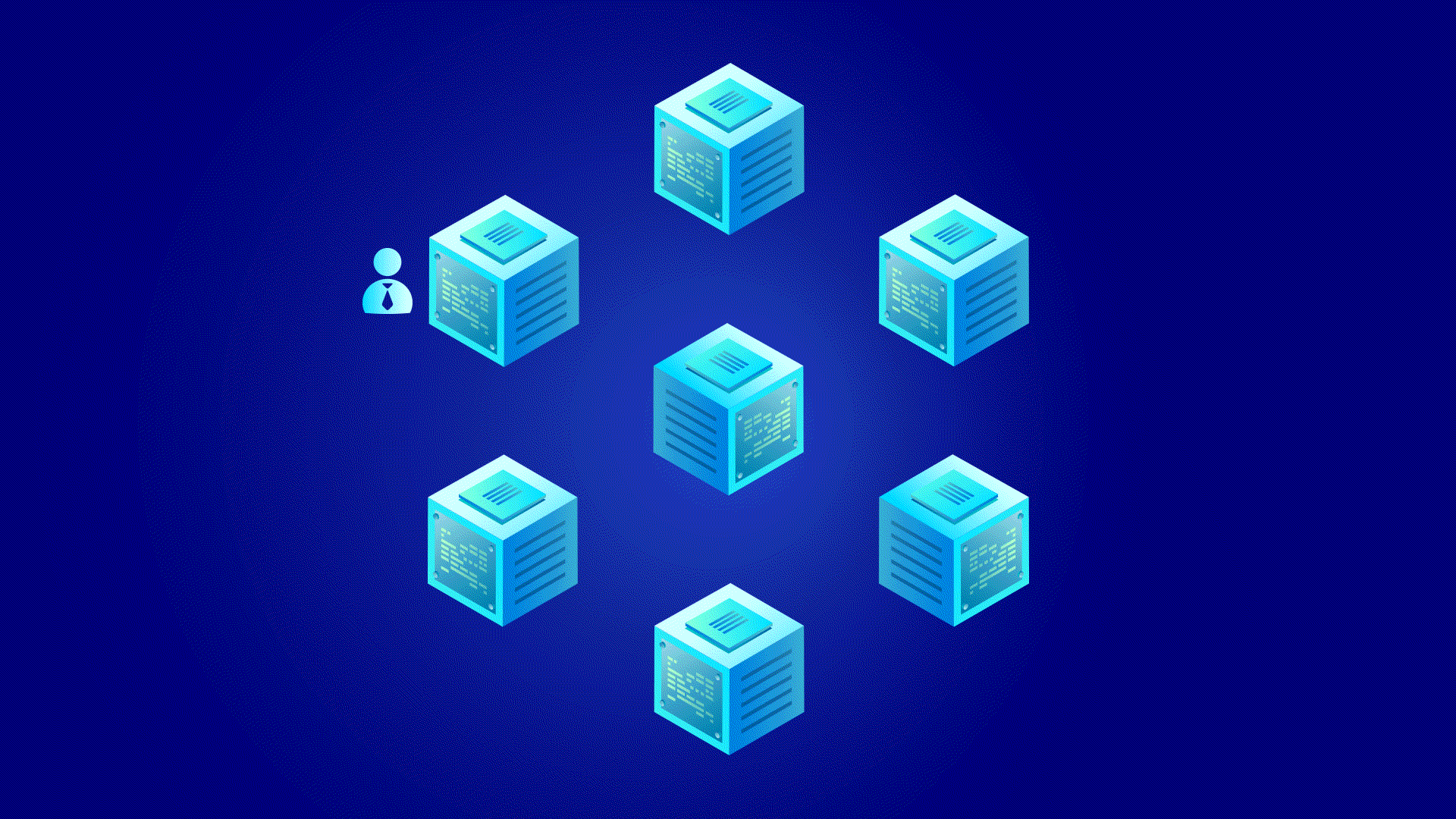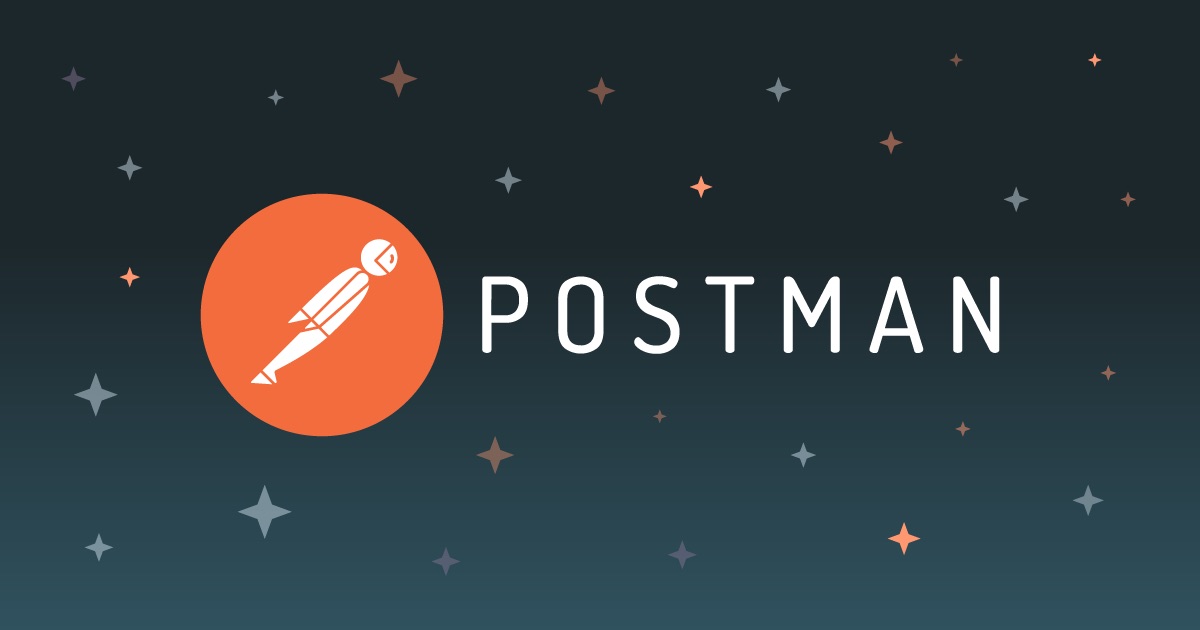Many years have passed in apprehensions and concerns regarding the promising use cases for driving mainstream blockchain adoption. The year 2021 might spell a new chapter for the applications of blockchain technology with the rising popularity of NFTs. The sale of an NFT art collection by digital artist Beeple for $69 million set a completely new benchmark for NFTs.
FIRST DEPLOY THIS PROJECT ON localhost:3000 following the way mentioned in the DEPLOYMENT and then open the SAWO Link provied in the submission
“Non-fungible” more or less means that it’s unique and can’t be replaced with something else. For example, a bitcoin is fungible — trade one for another bitcoin, and you’ll have exactly the same thing. A one-of-a-kind trading card, however, is non-fungible. If you traded it for a different card, you’d have something completely different.
This project has been made by taking into consideration the use NFT in general market place to produce a safer and reliable chain of trusted users. One thing that has become apparent over the past few months is how quickly Ethereum scaling solutions like Polygon, Arbitrum, and Optimism are gaining momentum and adoption. These technologies enable developers to build the same applications they would directly on Ethereum with the added benefits of lower gas costs and faster transaction speeds among other things. Because of the value proposition that these solutions offer we are creating a safe marketplace for users to make their assets managable non tangible.
FIRST DEPLOY IT ON localhost:3000 and then open the SAWO Link provied in the submission To deploy this project on your local system go step by step on your Windows Terminal in your preferred location
npx create-next-app digital-marketplaceNext, change into the new directory and install the dependencies:
cd digital-marketplace npm install ethers hardhat @nomiclabs/hardhat-waffle \
ethereum-waffle chai @nomiclabs/hardhat-ethers \
web3modal @openzeppelin/contracts ipfs-http-client \
axiosNext, install the Tailwind dependencies:
npm install -D tailwindcss@latest postcss@latest autoprefixer@latestNext, initialize a new Hardhat development environment from the root of your project:
npx hardhat
? What do you want to do? Create a sample project
? Hardhat project root: <Choose default path>To run the test, run from your command line:
npx hardhat testTo spin up a local network, open your terminal and run the following command, this should create a local network with 19 accounts.
npx hardhat nodeIn a separate window, run the following command:
npx hardhat run scripts/deploy.js --network localhostTo start the app, run the following command in your CLI:
npm run dev - Web application framework- Next.js
- Faucet used to access the Faucet Network- POLYGON
- Solidity development environment- Hardhat
- File Storage- IPFS
- Ethereum Web Client Library- Ethers.js
- Authentication- SAWO-API
- Api-Testing- POSTMAN
And, when you use IPFS, you don't just download files from someone else — your computer also helps distribute them. When your friend a few blocks away needs the same Wikipedia page, they might be as likely to get it from you as they would from your neighbor or anyone else using IPFS.
IPFS makes this possible for not only web pages but also any kind of file a computer might store, whether it's a document, an email, or even a database record.
The ethers.js library aims to be a complete and compact library for interacting with the Ethereum Blockchain and its ecosystem. It was originally designed for use with ethers.io and has since expanded into a more general-purpose library.Secure Authentication Without OTP or SAWO is the next thing in authentication, we wish to provide convenience both to developers and the users using the same platform by providing a one-tap authentication service that is secure, swift and sustainable. We have integrated to establish a trust based LOGIN system where users login to go into their accounts and navigate through the assets and trade on their purpose based products. The Postman API allows you to programmatically access data stored in Postman account with ease. We used postman to check the SAWO API data for our marketplace. We have checked the Sawo-API through POSTMAN.









